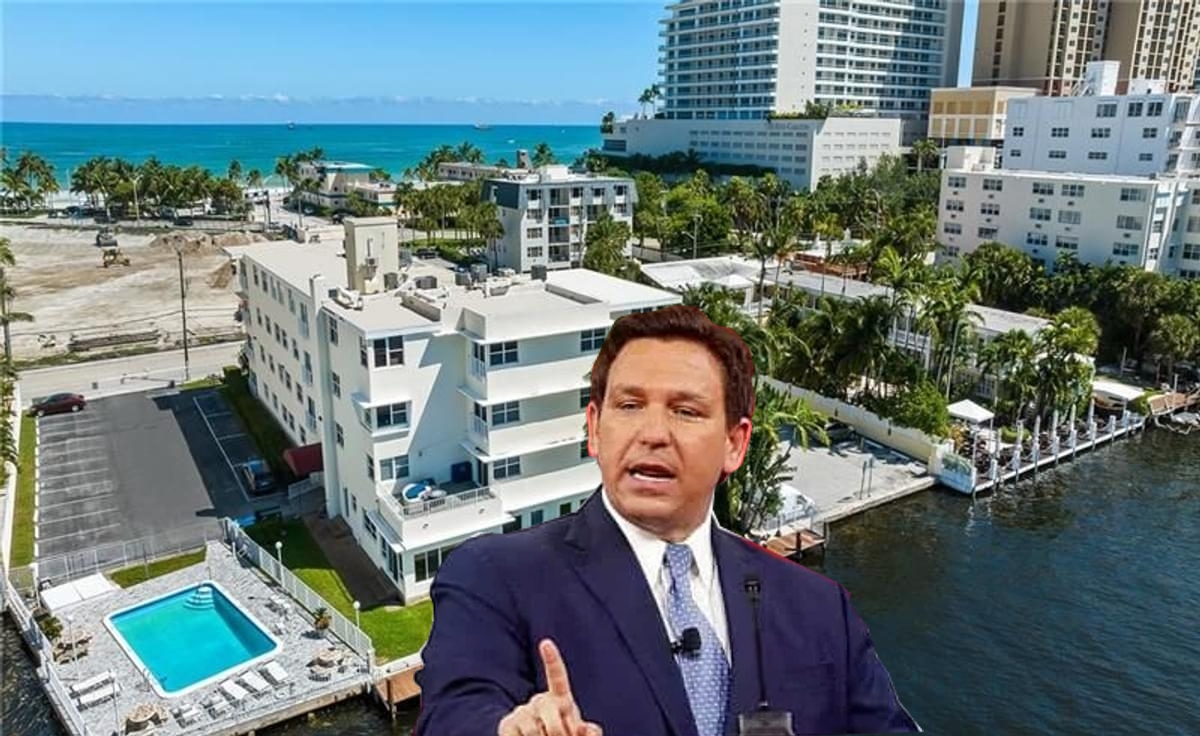In the face of a mounting insurance crisis and deteriorating infrastructure, Governor Ron DeSantis’s decision to enforce stringent condo laws may be unpopular, but it is ultimately the right move. With Florida’s unique mix of aging buildings, frequent hurricanes, and a history of tragic incidents like the Surfside condo collapse, these laws may be the only sustainable solution to preserve safety and integrity for Florida’s residents.
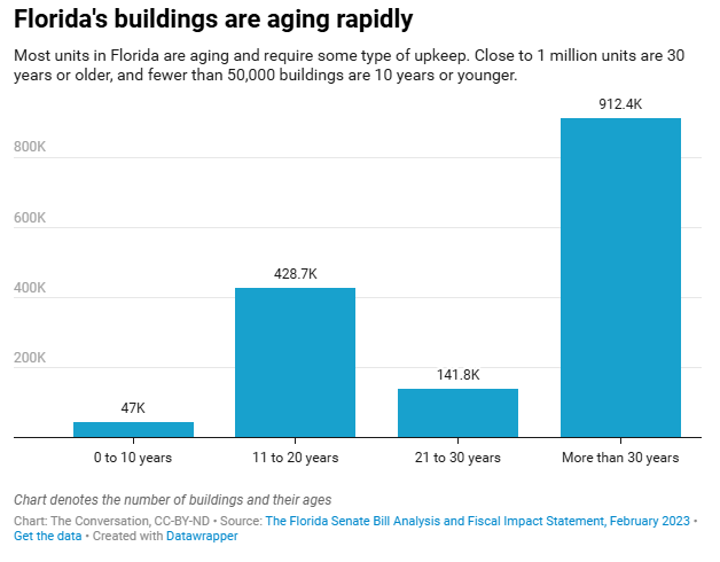
For over 900k residents living in condos over 30 years old, this situation sheds light on a difficult reality: the high cost of living in Florida’s desirable coastal communities might simply be too much for some residents to afford.
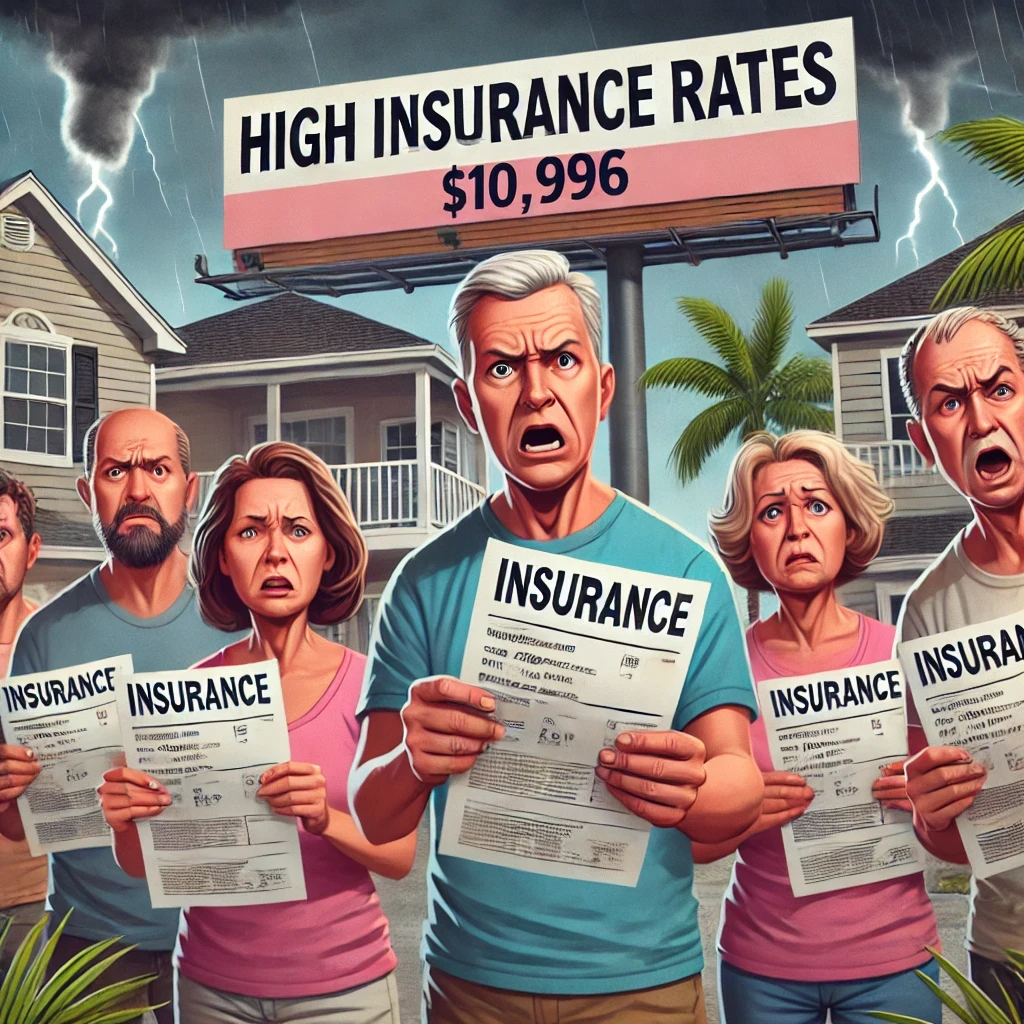
The challenges of Florida’s real estate landscape are not new, but they have grown markedly in recent years. With record-breaking hurricanes like Ian in 2022 and the recent dual hits of Helene and Milton, insurance premiums are climbing sharply. Florida homeowners now pay an average of $10,996 annually—the highest in the U.S. As insurance companies face mounting financial pressures, Florida residents are forced to grapple with the stark realization that some can no longer afford the cost of homeownership in this high-risk state.
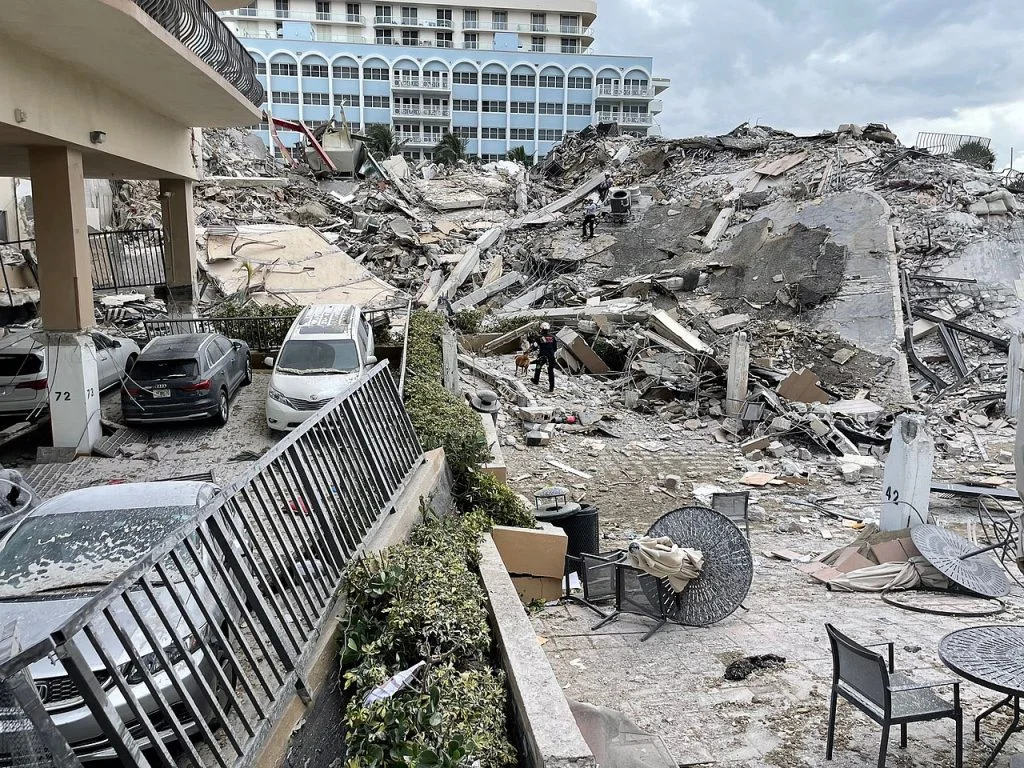
The new condo laws, specifically Senate Bills 4D and 154, require rigorous structural inspections for older buildings and mandate reserve funding for necessary repairs. These laws respond to the underlying issues that led to the Surfside tragedy, where a lack of reserves and delayed maintenance proved disastrous.
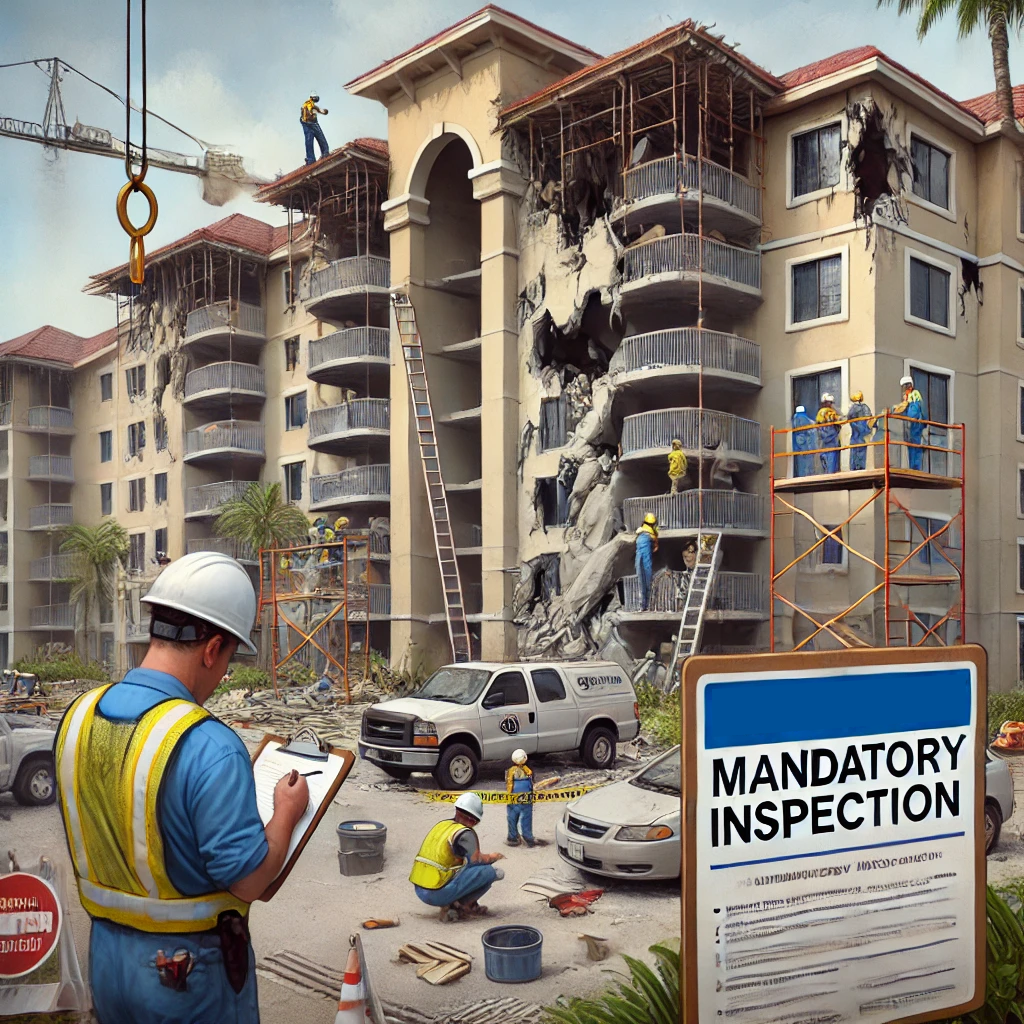
Although these inspections and funding requirements are undeniably costly, they are intended to ensure the safety of buildings and the people living in them. As heart-wrenching as it may be for many condo owners facing new assessments and rising fees, these regulations mark a step toward transparency and accountability in Florida’s condo market.

Critics argue that these laws unfairly burden seniors and fixed-income residents, leading to a wave of relocations. Real estate analysts report that one in five seniors is now considering moving out of Florida due to financial pressures. While this exodus may seem troubling, it could signal a necessary shift in the real estate landscape—one where the true cost of coastal living is reflected in property values and insurance premiums. The state’s residents are already seeing the impact: condo prices have dropped significantly, particularly for buildings older than 30 years, which have lost over 40% of their value in just three years.
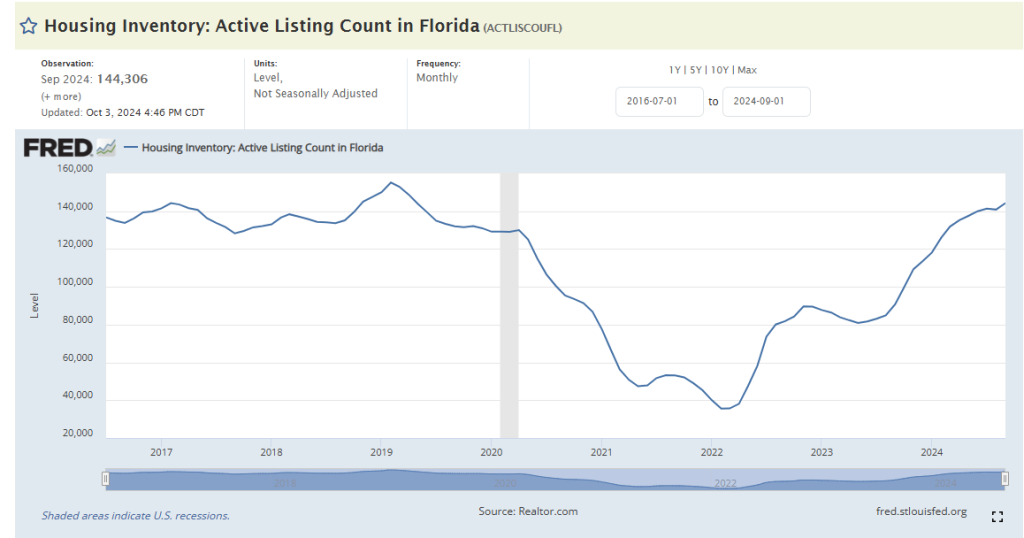
With tens of thousands of condos in South Florida listed for sale, it’s clear that the market is adjusting. But rather than viewing these changes as purely negative, it’s worth considering that they create opportunities for a healthier, safer housing market. By enforcing standards that require associations to maintain adequate reserves and conduct regular inspections, Florida is working to prevent future tragedies, even if the financial burden is heavy. The Inventory fell during the Pandemic but many of these new transplants are now finding out exactly how expensive it is to live in Florida and are putting their units up for sale.
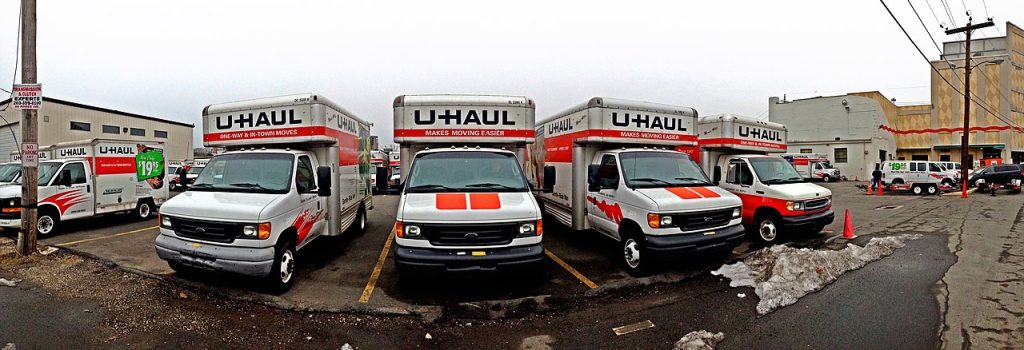
For some, the hard truth may be that living in high-risk areas like coastal Florida is increasingly untenable without adequate financial resources. And while many feel that state or federal governments should step in to ease the burden, it may be unrealistic to expect taxpayers nationwide to absorb these unique regional risks. Instead, these laws encourage a more responsible approach to homeownership in hurricane-prone regions, balancing the desire to live in paradise with the realities of a shifting climate and fragile infrastructure. The ultimate solution for those that can not afford the high costs of Florida living may be to pack up that U-Haul and move somewhere that is more affordable to live.
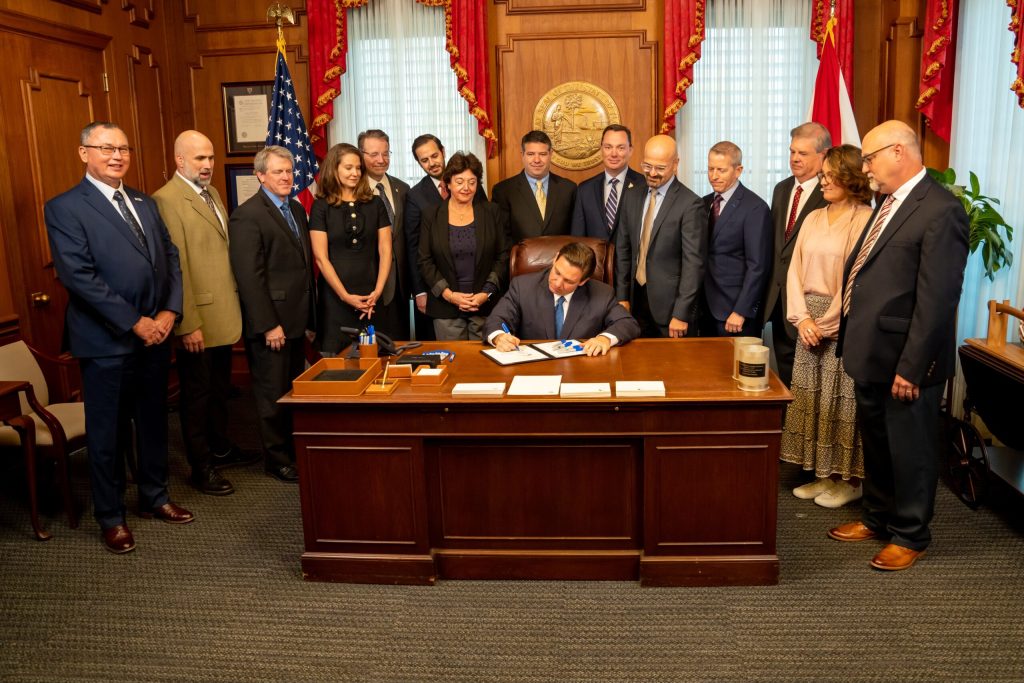
DeSantis’s condo laws are a reminder that safety cannot be optional. While they may seem burdensome now, they offer a path to a more resilient and transparent housing market that values the safety of its residents above all else. It may be tough medicine for some, but it’s a necessary prescription for Florida’s future.

